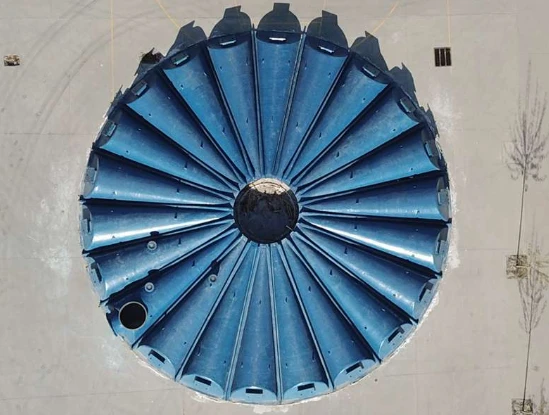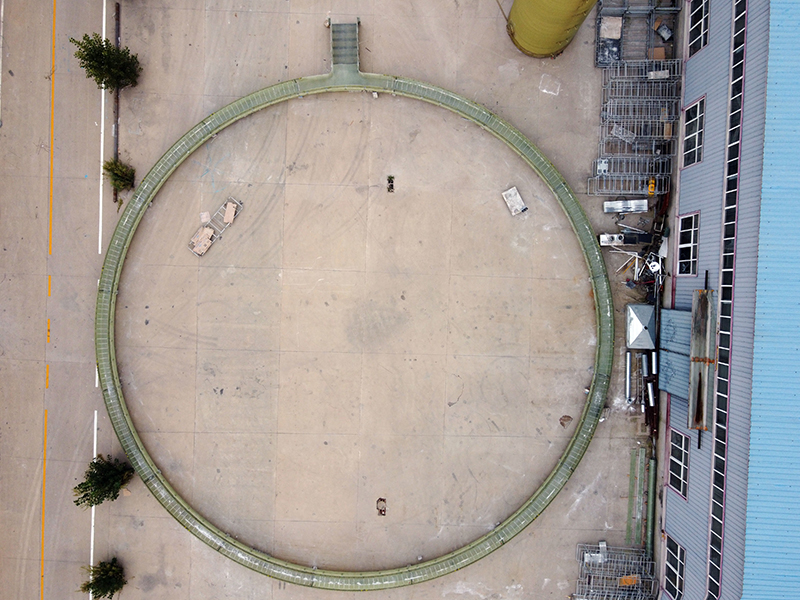
-
 Afrikaans
Afrikaans -
 Albanian
Albanian -
 Amharic
Amharic -
 Arabic
Arabic -
 Armenian
Armenian -
 Azerbaijani
Azerbaijani -
 Basque
Basque -
 Belarusian
Belarusian -
 Bengali
Bengali -
 Bosnian
Bosnian -
 Bulgarian
Bulgarian -
 Catalan
Catalan -
 Cebuano
Cebuano -
 China
China -
 China (Taiwan)
China (Taiwan) -
 Corsican
Corsican -
 Croatian
Croatian -
 Czech
Czech -
 Danish
Danish -
 Dutch
Dutch -
 English
English -
 Esperanto
Esperanto -
 Estonian
Estonian -
 Finnish
Finnish -
 French
French -
 Frisian
Frisian -
 Galician
Galician -
 Georgian
Georgian -
 German
German -
 Greek
Greek -
 Gujarati
Gujarati -
 Haitian Creole
Haitian Creole -
 hausa
hausa -
 hawaiian
hawaiian -
 Hebrew
Hebrew -
 Hindi
Hindi -
 Miao
Miao -
 Hungarian
Hungarian -
 Icelandic
Icelandic -
 igbo
igbo -
 Indonesian
Indonesian -
 irish
irish -
 Italian
Italian -
 Japanese
Japanese -
 Javanese
Javanese -
 Kannada
Kannada -
 kazakh
kazakh -
 Khmer
Khmer -
 Rwandese
Rwandese -
 Korean
Korean -
 Kurdish
Kurdish -
 Kyrgyz
Kyrgyz -
 Lao
Lao -
 Latin
Latin -
 Latvian
Latvian -
 Lithuanian
Lithuanian -
 Luxembourgish
Luxembourgish -
 Macedonian
Macedonian -
 Malgashi
Malgashi -
 Malay
Malay -
 Malayalam
Malayalam -
 Maltese
Maltese -
 Maori
Maori -
 Marathi
Marathi -
 Mongolian
Mongolian -
 Myanmar
Myanmar -
 Nepali
Nepali -
 Norwegian
Norwegian -
 Norwegian
Norwegian -
 Occitan
Occitan -
 Pashto
Pashto -
 Persian
Persian -
 Polish
Polish -
 Portuguese
Portuguese -
 Punjabi
Punjabi -
 Romanian
Romanian -
 Russian
Russian -
 Samoan
Samoan -
 Scottish Gaelic
Scottish Gaelic -
 Serbian
Serbian -
 Sesotho
Sesotho -
 Shona
Shona -
 Sindhi
Sindhi -
 Sinhala
Sinhala -
 Slovak
Slovak -
 Slovenian
Slovenian -
 Somali
Somali -
 Spanish
Spanish -
 Sundanese
Sundanese -
 Swahili
Swahili -
 Swedish
Swedish -
 Tagalog
Tagalog -
 Tajik
Tajik -
 Tamil
Tamil -
 Tatar
Tatar -
 Telugu
Telugu -
 Thai
Thai -
 Turkish
Turkish -
 Turkmen
Turkmen -
 Ukrainian
Ukrainian -
 Urdu
Urdu -
 Uighur
Uighur -
 Uzbek
Uzbek -
 Vietnamese
Vietnamese -
 Welsh
Welsh -
 Bantu
Bantu -
 Yiddish
Yiddish -
 Yoruba
Yoruba -
 Zulu
Zulu
Feb . 04, 2025 06:09
Back to list
Scrubbers
PVC FRP pipe systems are becoming increasingly integral in various industrial applications, owing to their exceptional properties and versatility. These pipes, constructed from a composite of polyvinyl chloride (PVC) and fiberglass reinforced plastic (FRP), offer numerous advantages that make them an ideal choice for both modern construction and industrial projects.
PVC FRP pipes also represent a significant step forward in terms of environmental sustainability. They require less energy to produce compared to steel or concrete pipes, reducing their carbon footprint. Moreover, these pipes are recyclable, thereby aligning with global efforts towards sustainable construction practices. Authorities in environmental management acknowledge the role of these materials in promoting eco-friendly industrial projects. From a technical standpoint, the versatility of PVC FRP pipes is unmatched. Whether used in sewage systems, chemical drainages, or potable water applications, these pipes adapt effectively due to their customizable properties. Manufacturers and engineers often collaborate to tailor these pipes to specific pressure requirements or environmental conditions, illustrating the expertise harnessed in optimizing these products for best outcomes. Finally, the cost-effectiveness of PVC FRP pipes ensures that they remain an attractive option for industries worldwide. The low maintenance costs, combined with their long service life and reduced energy requirements for production and operation, deliver an excellent return on investment. Businesses have acknowledged cost reductions not only in the immediate installation phase but throughout the lifecycle of the piping system. In conclusion, PVC FRP pipes are revolutionizing the piping industry with their superior performance characteristics. Their adoption across various industries is driven by tangible benefits experienced firsthand, backed by the expertise of manufacturers and engineers who continue to push the boundaries in design and application. The trust placed in PVC FRP piping solutions is well-founded, as they consistently meet and exceed industry expectations.


PVC FRP pipes also represent a significant step forward in terms of environmental sustainability. They require less energy to produce compared to steel or concrete pipes, reducing their carbon footprint. Moreover, these pipes are recyclable, thereby aligning with global efforts towards sustainable construction practices. Authorities in environmental management acknowledge the role of these materials in promoting eco-friendly industrial projects. From a technical standpoint, the versatility of PVC FRP pipes is unmatched. Whether used in sewage systems, chemical drainages, or potable water applications, these pipes adapt effectively due to their customizable properties. Manufacturers and engineers often collaborate to tailor these pipes to specific pressure requirements or environmental conditions, illustrating the expertise harnessed in optimizing these products for best outcomes. Finally, the cost-effectiveness of PVC FRP pipes ensures that they remain an attractive option for industries worldwide. The low maintenance costs, combined with their long service life and reduced energy requirements for production and operation, deliver an excellent return on investment. Businesses have acknowledged cost reductions not only in the immediate installation phase but throughout the lifecycle of the piping system. In conclusion, PVC FRP pipes are revolutionizing the piping industry with their superior performance characteristics. Their adoption across various industries is driven by tangible benefits experienced firsthand, backed by the expertise of manufacturers and engineers who continue to push the boundaries in design and application. The trust placed in PVC FRP piping solutions is well-founded, as they consistently meet and exceed industry expectations.
Next:
Related Products









